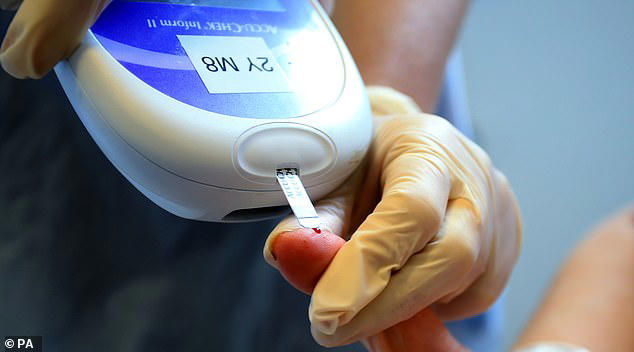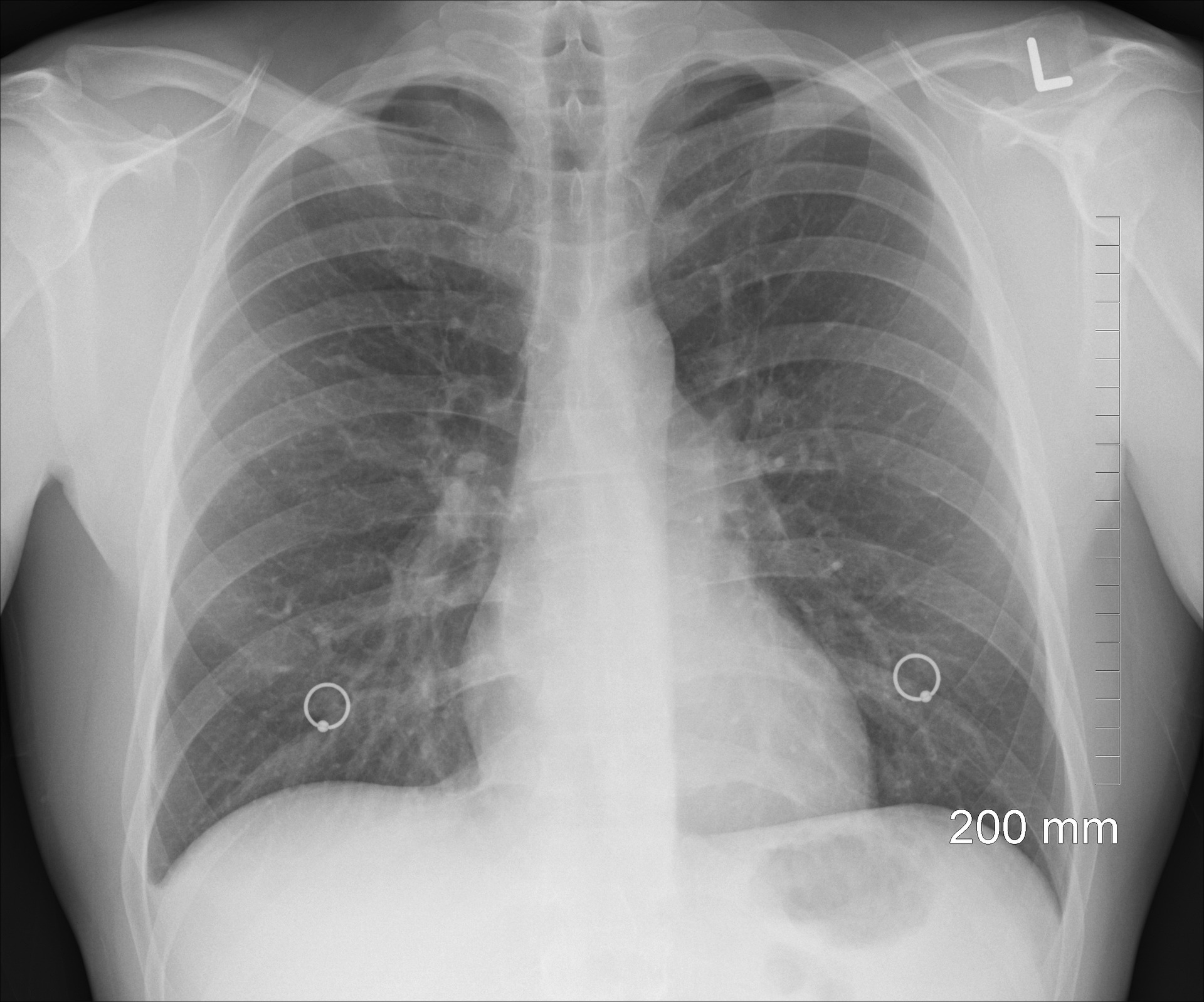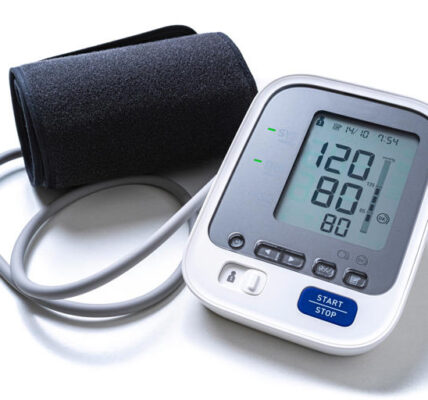“Type 1 Diabetes Treatment: 5 Revolutionary Breakthroughs for a Brighter Future”
Type 1 Diabetes Treatment: A New Hope for Managing the Condition
Learn about an innovative treatment for type 1 diabetes that could change the way people manage their condition. Explore how lab-grown insulin-producing cells are transplanted into the arms of patients, potentially freeing them from constant monitoring and injections.
 Type 1 Diabetes Treatment: A New Hope for Managing the Condition
Type 1 Diabetes Treatment: A New Hope for Managing the Condition
Living with type 1 diabetes can be challenging. People with this condition have to constantly monitor their blood sugar levels and inject insulin as needed. But what if there was a better way? A revolutionary treatment is on the horizon, offering hope for those with type 1 diabetes.
Researchers have developed a groundbreaking technique involving the transplantation of lab-grown insulin-producing cells into the arms of patients. These cells, known as islet cells, are designed to take on the role of the pancreas, which fails to produce insulin properly in individuals with type 1 diabetes.
The current standard of care for type 1 diabetes requires meticulous monitoring and management. Patients must carefully track their blood sugar levels throughout the day and administer insulin injections as necessary. However, this new treatment could potentially eliminate the need for constant vigilance, offering patients greater freedom and peace of mind.
A clinical trial is currently underway to evaluate the effectiveness of this innovative approach. Islet cells obtained from human donors are being transplanted into the forearms of individuals with type 1 diabetes. Unlike traditional treatments that rely on donor organs, this technique aims to use lab-grown cells, making the process less invasive and more accessible to a larger number of patients.
Minutia, a biotech company leading the development of this treatment, is collaborating with researchers from the University of California, San Francisco, and Duke University. Their goal is to harness the power of stem cells to produce insulin-producing islet cells that can be transplanted into the arm.

In addition to transplanting the cells, Minutia is also working on developing nanosensors that can be implanted within the transplanted cells. These nanosensors have the potential to provide early warnings if the body rejects the transplant, allowing for prompt intervention and improved outcomes for patients.
Dr. Katy Digovich, CEO and co-founder of Minutia, is personally invested in the development of this treatment. Diagnosed with type 1 diabetes at a young age, Dr. Digovich understands the challenges faced by individuals living with the condition. Her experiences, coupled with her passion for innovation, drive her commitment to improving the lives of those affected by type 1 diabetes.
The potential impact of this treatment is significant. By leveraging stem cell technology, researchers believe they can revolutionize the treatment of type 1 diabetes, addressing the chronic shortage of organ donors and providing a viable solution for millions of individuals worldwide.
Presented at the American Association for the Advancement of Science (AAAS) conference, this research has garnered attention within the scientific community. While still in the early stages, the promise of this treatment offers hope for a future where managing type 1 diabetes is simpler and more effective.
 In conclusion, the development of a new treatment for type 1 diabetes represents a major breakthrough in diabetes care. By transplanting lab-grown insulin-producing cells into the arms of patients, researchers hope to revolutionize the way this condition is managed. With ongoing research and innovation, the future looks brighter for individuals living with type 1 diabetes.
In conclusion, the development of a new treatment for type 1 diabetes represents a major breakthrough in diabetes care. By transplanting lab-grown insulin-producing cells into the arms of patients, researchers hope to revolutionize the way this condition is managed. With ongoing research and innovation, the future looks brighter for individuals living with type 1 diabetes.




